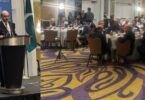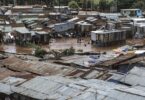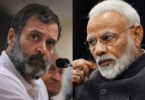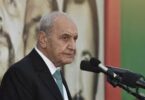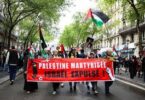Monitoring Desk
GAZA CITY: Since 2006 elections, rival Palestinian groups Hamas and Fatah have been in a constant conflict, failing to reach out to a reconciliatory program after a series of un-finalized reconciliation deals to form a power-sharing government. In 2007 and after the factional street fighting which resulted in Hamas taking over the Gaza Strip, the tension between the two groups even intensified more.
In June of the same year, Palestinian President Mahmoud Abbas dissolved the government, leaving Fatah in control of the West Bank while Hamas has since governed Gaza. But recently, Abbas has called for parliamentary election followed by presidential polls at a later date, which will be the first in fourteen years. The call came as a surprise to Palestinians and renewed hopes for ending the years-long division.
Hamas supported Abbas’ call and voiced willingness to make it a success. The resistance group, however, insisted that it would not accept polls without the participation of the occupied city of Jerusalem. Speaking to Anadolu Agency, Hamas spokesman HazemQasem called for a national charter that comprises standards and guidelines for a transparent election.
“What Hamas has proposed is holding a serious national meeting, in which all the national forces on the Palestinian arena will meet, discuss, consult and agree on all mechanisms and activities in order to overcome any obstacles that might encounter the electoral process, especially the Jerusalem issue,” he said. Imad Agha, a leading Fatah member, said his group did not raise any alternatives to the normal election process in Jerusalem such as voting through mail or embassies, which was suggested by youth activists. “This is our legal right; we will not beg Israel for it,” he said. “We call upon the international community to exert pressure on Israel to include Jerusalem in the polls.”
Abbas, as well, had officially asked Israel to allow Jerusalem-based Palestinians to vote in the upcoming elections and conditioned their holding on Israel’s agreement. Israel has yet to answer the Palestinian president’s request. However, experts and activists say that Palestinians can conduct polls in Jerusalem despite Israeli rejection. Youth activist, Fouad Banat, argues that Palestinians can conduct polls in the occupied city through various alternatives. “In my opinion, setting polling booths at several locations around Jerusalem such as schools and churches and inviting people to participate would be the optimum choice,” he said. (AA)

